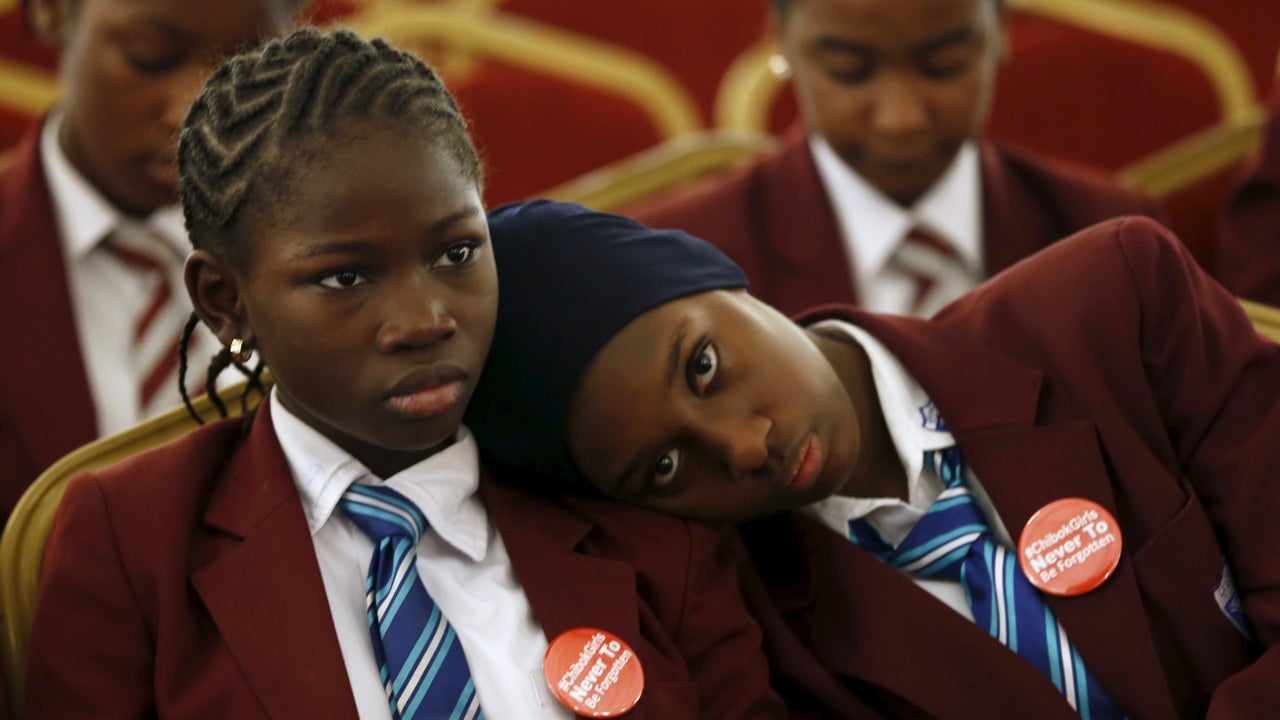It will take 135 years to close the gender gap in sub-Saharan Africa
It will take more than a century to close the gap between men and women in sub-Saharan Africa, according to the World Economic Forum’s 2018 Global Gender Gap index. North Africa fared even worse.


It will take more than a century to close the gap between men and women in sub-Saharan Africa, according to the World Economic Forum’s 2018 Global Gender Gap index. North Africa fared even worse.
If the current inequality between the genders persisted, it will take 135 years for men and women to be equal. As a region, the Middle East and North Africa fared worse: 153 years. Assessing 149 countries according to economic participation, education, health and political empowerment, the index found that as a region, sub-Saharan Africa had worsened.
After six years of progress, this year the gap widened in sub-Saharan Africa. Across the 33 countries surveyed there is a wide disparity. Rwanda and Namibia, for example, were ranked in the top 10 countries for gender parity. Rwanda sits alongside Nordic countries, the Philippines and New Zealand at having closed 80% of the gap.
Even that achievement is mixed. Despite its high ranking, Rwanda has in fact regressed two spots due to a widening gap in economic participation, with worsening wage income. On the other hand, Namibia entered the top ten for the first time thanks to the number of seats women hold in parliament.
It’s worth noting that the basis for lauding Rwanda’s gender parity also stemmed from representation in government, and is perhaps a warning that equality in cabinet must be followed by policies that bring gender equality to all citizens.
On the other end of the spectrum were Mali, the DR Congo and Chad, all of which ranked behind Saudi Arabia and Iran and ahead of Syria, Iraq, Pakistan and Yemen as the 10 worst performing countries.
In Africa, it seemed as if as one country improved, another worsened as much, bringing the overall average down. For example, where Zimbabwe (ranked 47th) closed the gap on wages, Mozambique (ranked 49th) had fewer women in the senior and managerial positions. Botswana and Cameroon followed a similar pattern.
The index calculates that it will take North America longer to narrow its gap—165 years. Yet, in practice Africa is already starting from an even wider gap between men and women, making this year’s regression a step back for generations to come.
Sign up to the Quartz Africa Weekly Brief here for news and analysis on African business, tech and innovation in your inbox